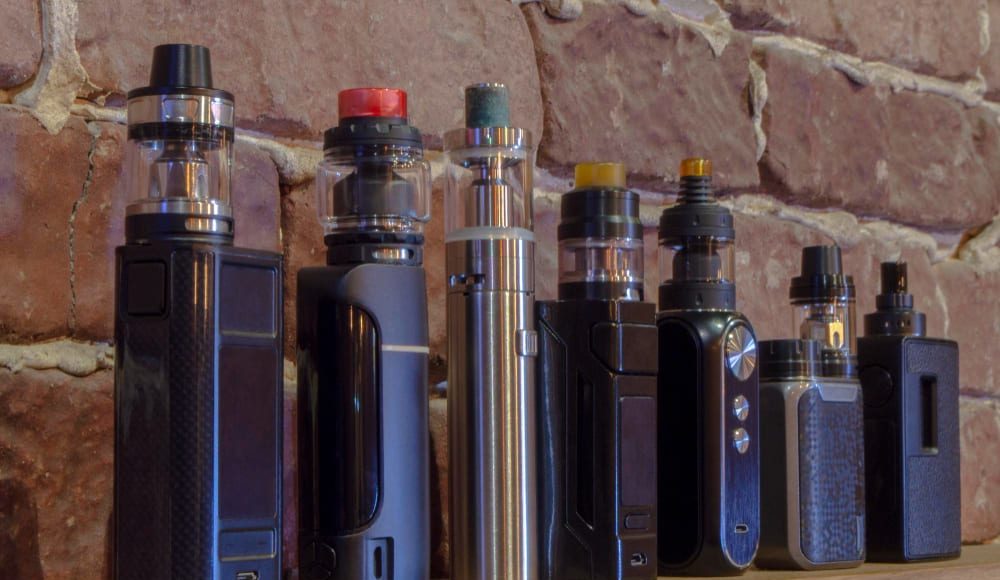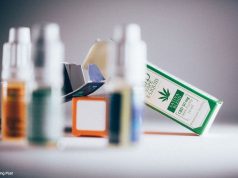On the otherhand, warns the UKVIA’s Director General, John Dunne, these illicit vape devices containing illegal drugs are available from unofficial sources, in some cases posing risks to buyers who may not be aware of the contents. He cited statistics from the Office for Health Improvement & Disparities (OHID), which show a significant number of young people seeking treatment for cannabis use, but far fewer for nicotine. Similarly, when a few years ago there were thousands of reported cases of EVALI, the lung injury allegedly caused by vaping, it was later found out that the injury was actually caused by illegal THC cartridges.
Dunne calls for urgent government action, including a national education campaign to inform the public about the dangers of obtaining vapes from unregulated sources and to differentiate between legal and illegal vape products. He also reiterated his support for the implementation of a national vape licensing scheme to crack down on illegal sales, which could generate over £50 million annually by imposing substantial fines on violators to deter unlawful activity.
Consumers tend to take matters into their own hands
The study found that the most frequent modifications to disposable pods included refilling, with 69.0% of participants being aware this could be done, and 40.1% having tried, and recharching disposable batteries. A total of 66.4% had recharged the battery and 35.8% were aware they could. Information about these modifications was predominantly sourced from friends (64.4%) and social media (46.7%).
Interestingly, further analysis identified significant correlations between various information sources and specific modifications. For example, non-social media websites and vape shops were linked to rewicking, recharging disposable devices, and altering e-liquids. Non-social media websites were also associated with refilling rechargeable cartridges/pods and disposable pods, while social media was connected with recharging disposable devices and mixing nicotine with cannabis liquids. The study also noted associations between perceptions of reduced harm and “coolness” with different modifications.
Similarly, a 2023 study published in Nicotine & Tobacco Research conducted one-on-one interviews with 19 US youth vapers aged 16–17, to learn about vape modifications’ patterns. The study found that the most common modifications were to e-liquids, with participants mixing e-juices to create new flavours and adding substances not intended for vaping, including illicit drugs such as cannabis and cocaine.
When bans are part of the problem
Few participants were concerned with achieving a specific nicotine level, and modifications to the battery, coil, and wick were less common. These modifications were often motivated by a desire for specific experiences or by necessity due to limited access to devices and supplies, which once again highlights the dark side of bans and restrictions. In line with the findings from the previous study, YouTube and peers were identified as the main sources of information on carrying out these modifications.
Experts Respond to BMA Report Asking For Harsh Vape Restrictions in the UK













